Over 60,000 deaths, the starvation of hundreds of thousands, the collapse of hospitals and the anguished pleas of a whole population were needed before Donald Trump finally said it: “There is real starvation in Gaza.”
Thank you, Mr. Trump, for finally acknowledging what Palestinian parents have been screaming to the world for nearly two years as they wrapped their children in white shrouds.
Thank you for recognizing the images of babies so emaciated that their spines showed through, the footage of aid trucks stopped at the border and the desperate pleas from U.N. agencies for access.
But let’s be clear: This isn’t leadership. This is performative empathy. A man watching a fire burn, sipping coffee and muttering, “Someone should do something.”
Trump’s comment that the images are “sad” isn’t only insufficient, but also grotesquely detached. Are images sad? No, Mr Trump. Starvation isn’t a photograph. It’s a six-month-old baby with sunken eyes, silently screaming as it dies. It’s a mother having to choose which of her children to feed. It’s the deliberate destruction of bakeries and the bombing of food convoys; it is the cutting off of water supplies. Gaza’s hunger isn’t a tragedy of nature. It’s human-made. And the hands are visible.
Still, the man who may once again lead the world’s most powerful country offered no plan, applied no pressure on Israel and made no commitment to ending the siege.
He merely floated the idea of setting up food distribution centers.
At first glance, it might seem like a noble idea, but what Trump is really offering isn’t food but a distraction. It’s a public relations move designed to appear compassionate.
In the same breath, he condemned countries like Canada for recognizing the State of Palestine, accusing them of “rewarding Hamas.” This statement is both misleading and morally bankrupt. Children dying of malnutrition are not Hamas. Grandmothers buried beneath rubble are not militants. The siege of Gaza isn’t a war on terror; it’s plain and brutal collective punishment. Now, that punishment has become a bargaining chip in trade diplomacy.
Canadian Prime Minister Mark Carney announced that he plans to recognize the State of Palestine at the U.N. General Assembly in September 2025, but this recognition is conditional on factors such as the exclusion of Hamas and the implementation of democratic reforms.
Trump described the move as “rewarding Hamas” and threatened to impose a 35% tariff on Canada ahead of the Aug. 1, 2025, trade deal deadline.
Yet under international law and according to human rights groups, the Palestinian right to self-determination has long been recognized. A total of 147 U.N. member states already recognize Palestine.
Such moves are more than diplomatic gestures. They are moral stances that affirm what international law has long recognized: ending Gaza’s suffering requires not only aid, but justice. Not only food, but freedom. Trump’s response was to threaten trade retaliation. For him, and many in the Western political class, Palestinian lives are not a moral issue. They are treated as a political inconvenience.
This is the core of the crisis: a moral vacuum at the heart of Western politics. The starvation of Gaza is now considered “real” because Trump says so, even though the U.N. said it back in December and aid workers have documented it daily. The mothers of Gaza have held up the bodies of their babies to the cameras for months. This isn’t new; what is new is that it has become politically visible.
There is a brutal irony in this. The same voices that once declared “never again” are watching genocide unfold in slow motion. The same countries that claim to stand for human rights and the rules-based order have repeatedly allowed every rule to be broken. The same institutions that claim to protect the vulnerable have failed utterly to protect the children of Gaza. It isn’t that the West did not know; it is that they did not care until the political cost of indifference became too high.
It’s a revelation that values such as freedom, dignity and humanity are not universal, but selectively applied. This is a crisis not only for Gaza, but for the global conscience.
This is the threshold where journalism must decide what it stands for. Not merely a channel for statements, but a conscience for the voiceless. If it takes the words of a U.S. president for Gaza’s starvation to reach the headlines, then something is fundamentally broken. Why were the cries of Palestinian parents insufficient? Why did the appeals of U.N. agencies and aid workers dissolve into silence?
Last August, Time magazine’s cover screamed “Bibi at War,” glorifying Netanyahu’s belligerence. This August, the same outlet quietly titles it “The Gaza Tragedy,” finally acknowledging the human cost. Journalism did not discover this tragedy. It simply stopped ignoring it.
The truth didn’t change. The deaths didn’t start yesterday. Only the editorial calculus did. When truth is delayed until it is politically convenient, it ceases to be journalism and becomes complicity.
And yes, thank you, Mr. Trump. I am 24, and every morning, I scroll through casualty reports and raw footage before publishing yet another dispatch. For months, Gaza’s hunger was treated as a rumor, a footnote, a distant concern. Now that you’ve said it, it becomes real. That distance between when the dying began and when the world decided to notice is the most revealing headline of all.
This is not closure. It is exposure. Journalism cannot wait for permission to speak. It must refuse the choreography of power. We will continue to report until Gaza’s hunger is no longer a trending topic, but a moral reckoning. History will not remember who published first. It will remember who stayed silent when silence became complicity.

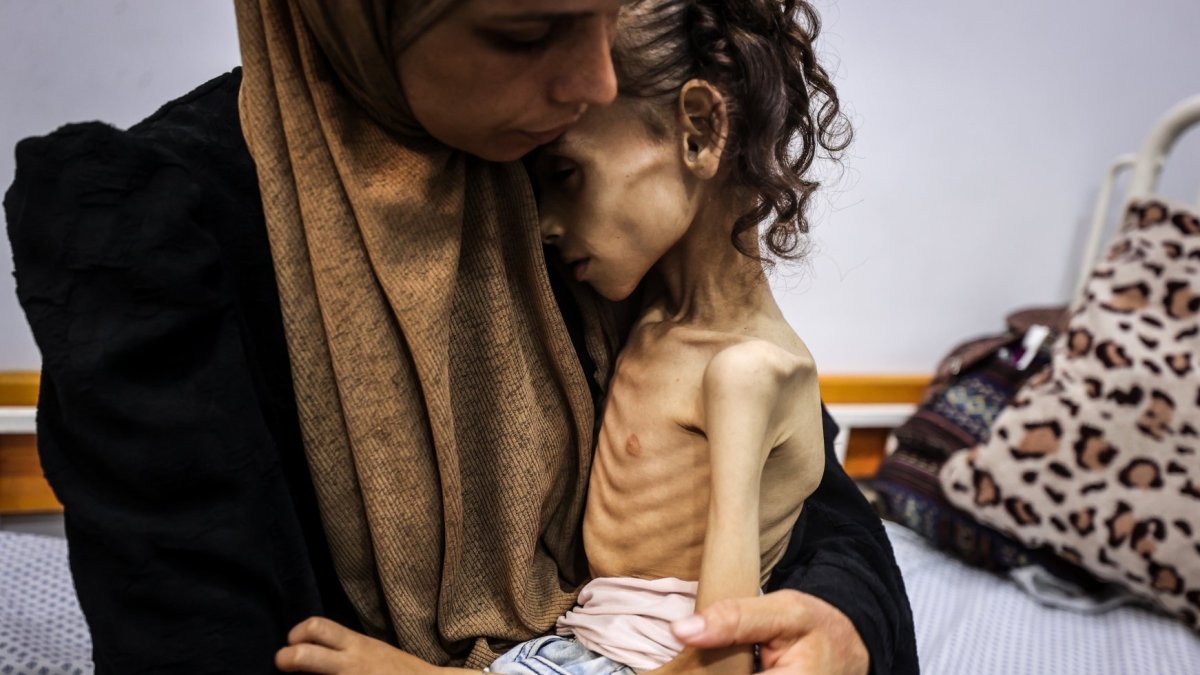
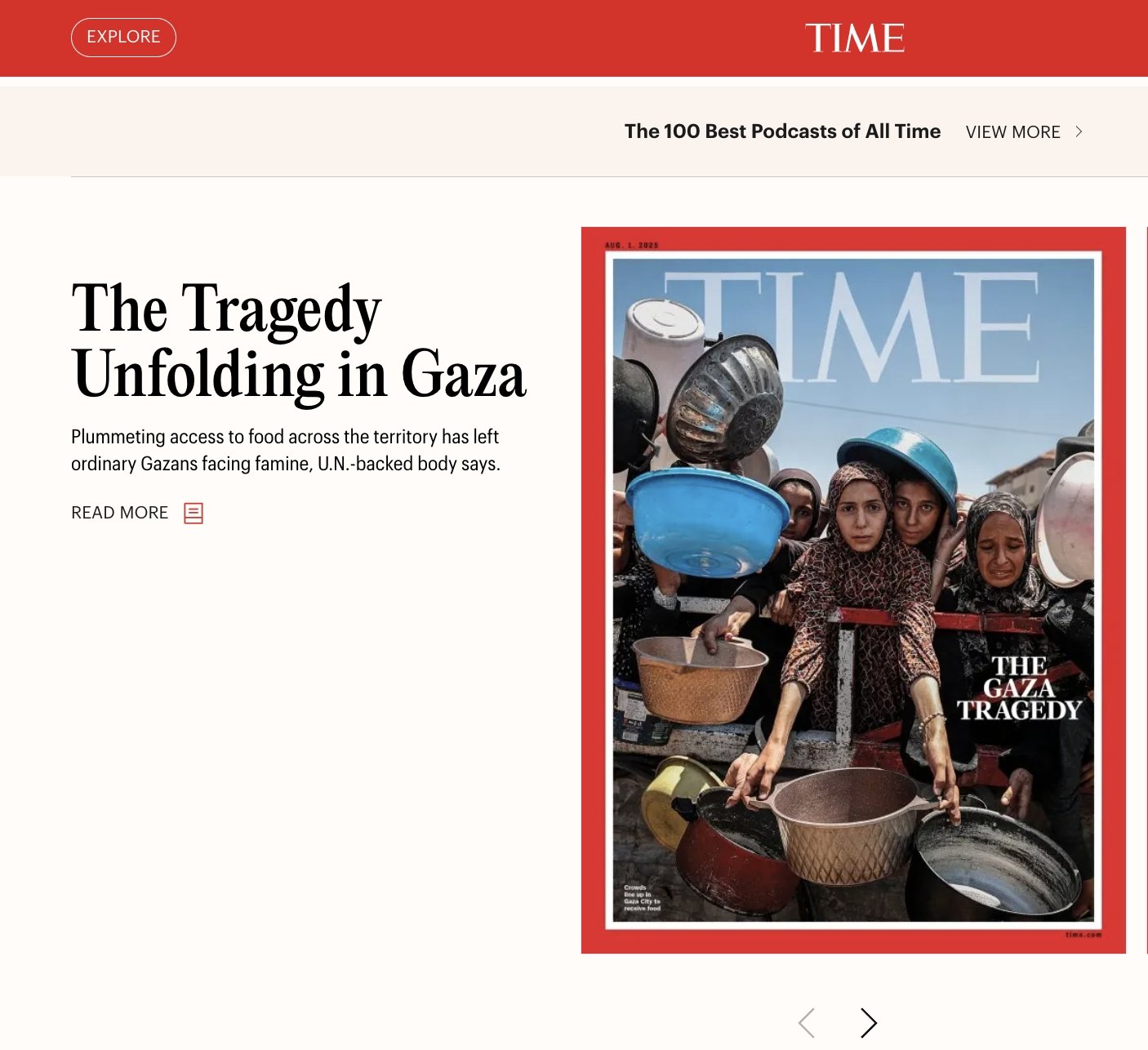
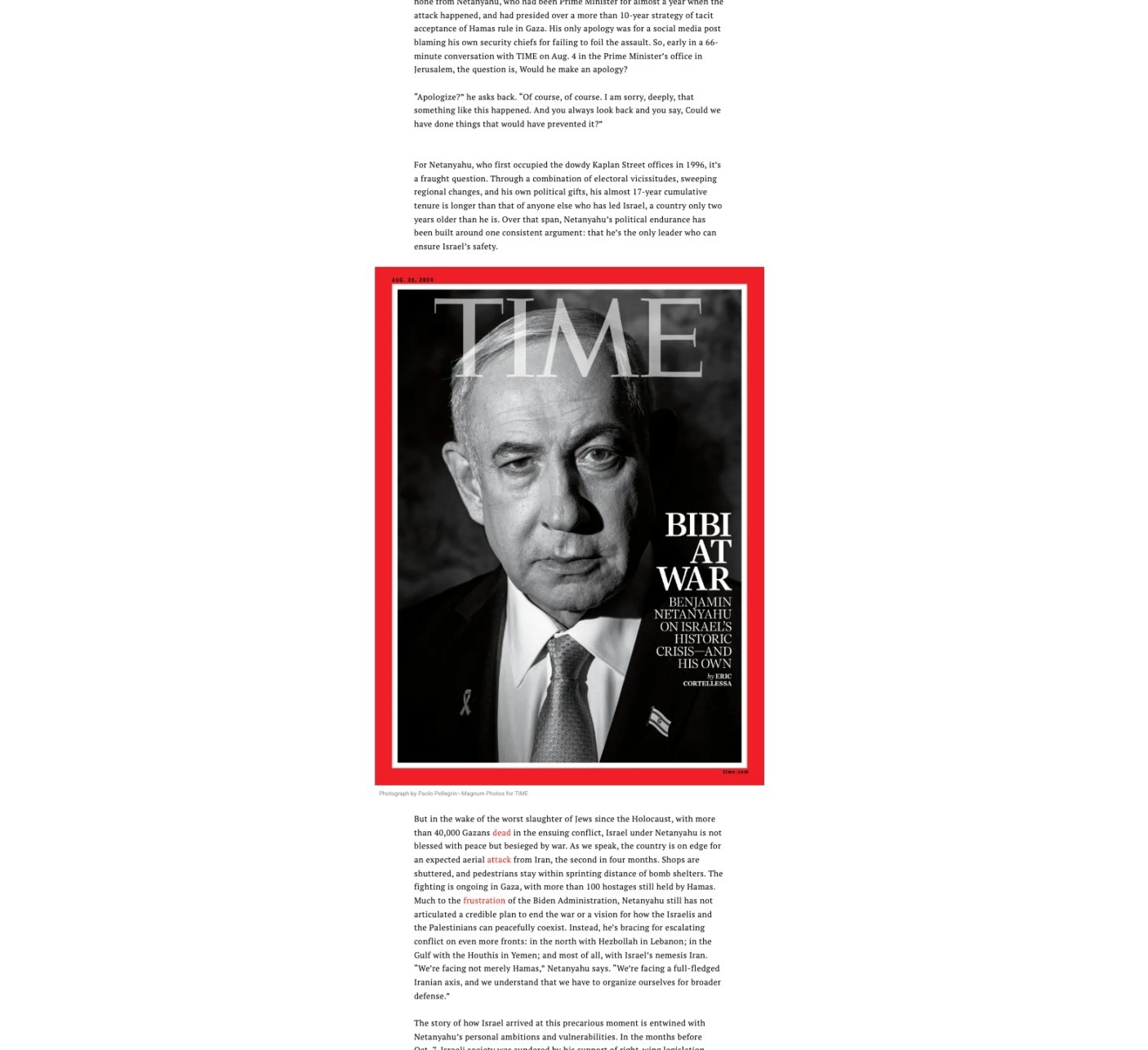
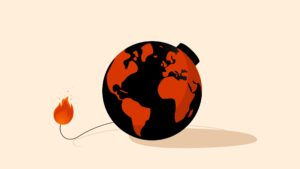

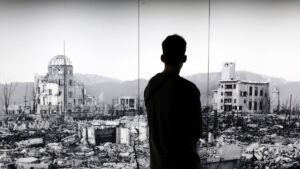
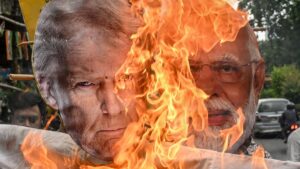
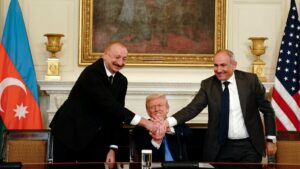

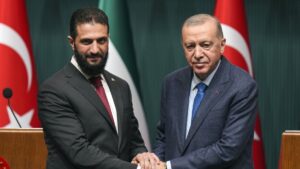





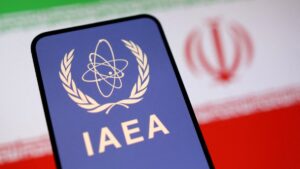
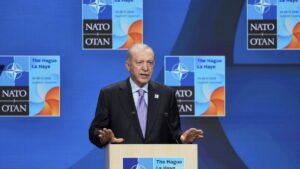
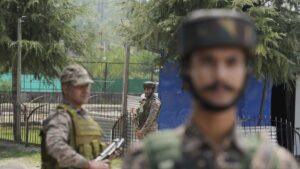


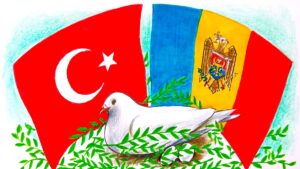


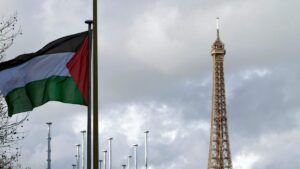
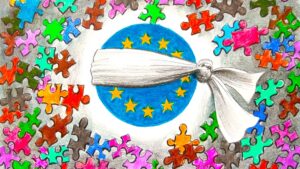

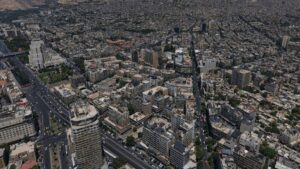
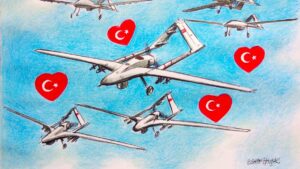
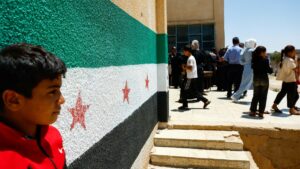

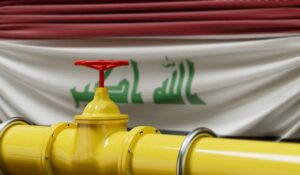
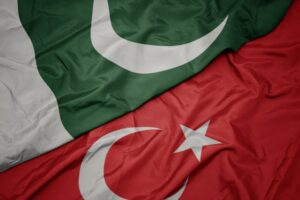
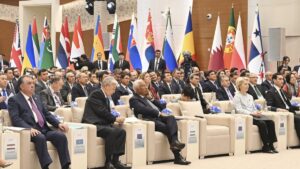
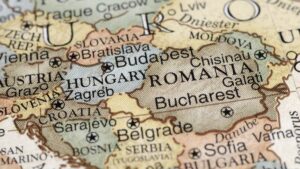

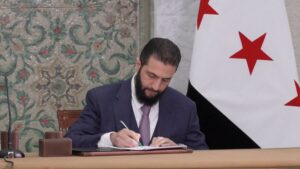

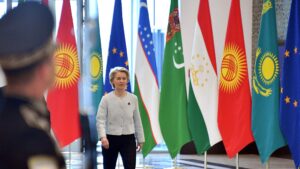

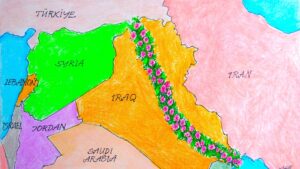
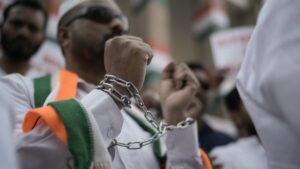

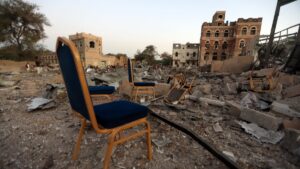
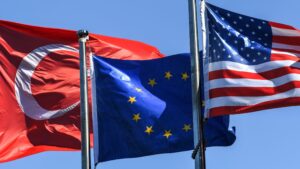
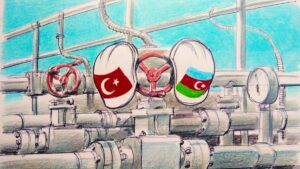

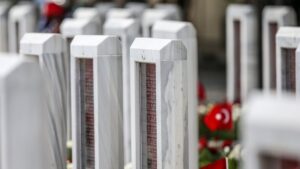
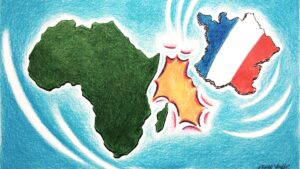
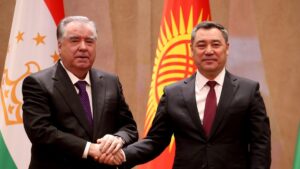
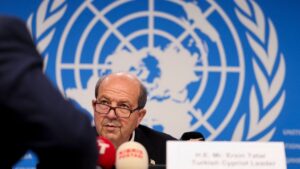
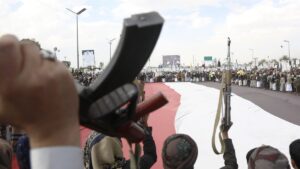

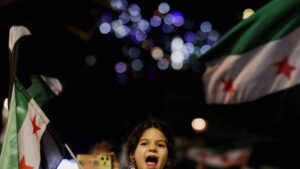
Be First to Comment